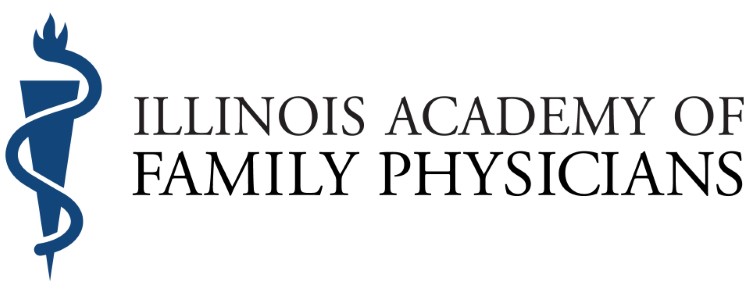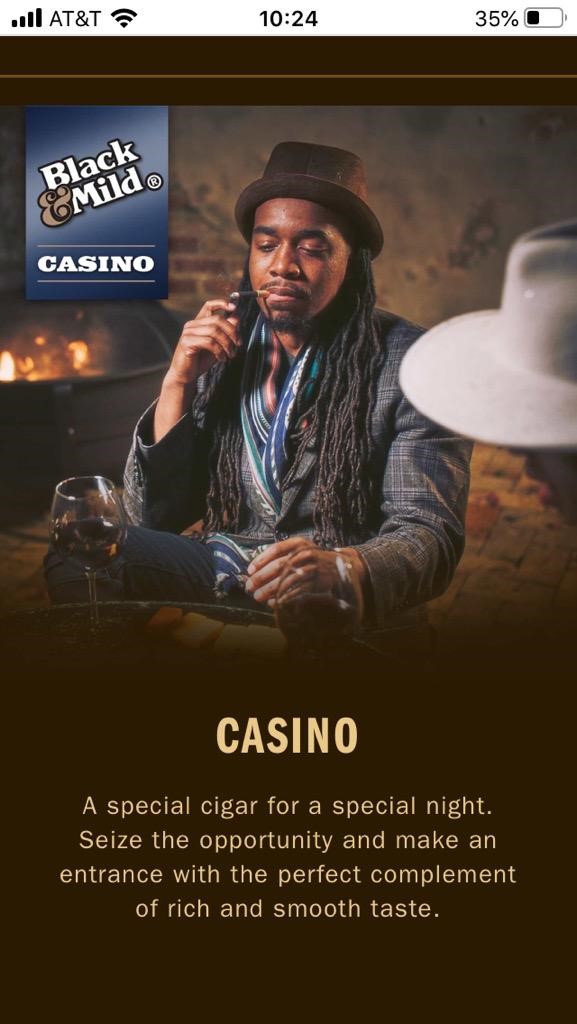- Home
- About IAFP
- Membership
- Education
- Resources
- COVID-19
- Practice Management
- Adults & Seniors
- Behavioral Health
- Cancer
- Children & Teens
- Diabetes
- Health Equity
- Healthy Lifestyle
- Immunizations/Vaccines
- Infection Control
- Influenza
- Medical Cannabis
- Partner in Health Resources
- Obesity
- DIY Community Outreach
- Opioid Safety
- Physician Resiliency
- Rural Health
- Tobacco/Nicotine
- Advocacy
- Foundation
|
Chicago City Council As a past president of the Illinois Academy of Family Physicians (IAFP) and past chair of the Illinois State Board of Health who has practiced family medicine for decades on Chicago’s South side, I am voicing IAFP’s opposition to the proposed ordinance O2020-3388, that only bans flavored e-cigarettes and will leave other products, including menthol, on the market to continue their damage to the health of our city. We stand against physical violence, as well as societal, economic and racist injustices against marginalized communities. We therefore cannot allow the tobacco industry to continue to “hit” minorities as an easy target. One of the most impactful policies we can enact now is a total ban on all flavors, including mint and menthol, across all products – in order to remove any attraction for these harmful and addictive products. Earlier this summer, Ald. Matt O’Shea and Ald. Roderick Sawyer introduced an ordinance that would end the sale of all flavored tobacco products – including menthol cigarettes, e-cigarettes, hookah, little cigars, and smokeless tobacco. The IAFP strongly supports the ordinance as introduced, and we are vehemently opposed to any proposals that exempt menthol cigarettes. For decades, mint and menthol products have been specifically marketed to the Black community. Our physician members in those communities will tell you – menthol got their patients started and keeps them addicted. Remember those ads for Kool (with a K) and Newport cigarettes!
Dating as far back to the 1950s, the tobacco industry has targeted these communities with marketing for menthol cigarettes through sponsorship of community and music events, targeted magazine advertising, and point of sale marketing. The tobacco industry initially marketed menthol cigarettes as safer and healthier cigarettes because of their cooling properties. This was absolutely false advertising. In 2013, the FDA found that it is “likely that menthol cigarettes pose a public health risk above that seen with non-menthol cigarettes.” Yet, seven years later, in 2020, menthol is completely unregulated. In fact, the FDA’s Tobacco Products Scientific Advisory Committee concluded that menthol cigarettes are marketed disproportionately to younger smokers and African Americans. Tobacco industry opponents argued that including menthol cigarettes is not needed because youth prefer other candy-flavored e-cigarettes. This is not true. Over half of youth who smoker aged 12-17 use menthol cigarettes compared to one-third of older adult smokers. Seven out of ten Black youth who smoker smoke menthol cigarettes. Forty-five% of Latinx youths who smoke use menthol cigarettes, and 71% of LGBTQ+ youths who smoke use menthol cigarettes.
If we truly want to bridge the gaps in health and longevity in minority populations’ quality of life, we need to address the root causes of disease and death. The tempting flavors infused into a variety of tobacco products continue to hook young people, especially in minority and marginalized communities where marketing is strong, but compliance with current laws can be inconsistent. We need to take this loophole out of circulation and help people reduce their risk of acute and chronic diseases that take a toll on their health and prosperity. Additionally, there has been an explosion in the market share of cheap, flavored cigars. Sales of all cigars more than doubled between 2000 and 2017, generally increasing at a time when cigarette sales have been declining. We cannot ignore the tempting role of menthol and other flavors in the resurgence of nicotine use and addiction. Our community health care providers, family physicians, pediatricians, and health educators, stand ready to help those already hooked on these products to quit, just as we work to address all of their other health care needs. Please end the sale of all flavored tobacco products, without exemptions. |

 My family physician colleagues who practice on the West side of Chicago quickly point to the new trends in tobacco use among their African American patients. It is no coincidence that these insidious products are called “Black and Mild.” The ads and packaging are literally laser-focused on the young Black consumer.
My family physician colleagues who practice on the West side of Chicago quickly point to the new trends in tobacco use among their African American patients. It is no coincidence that these insidious products are called “Black and Mild.” The ads and packaging are literally laser-focused on the young Black consumer.

